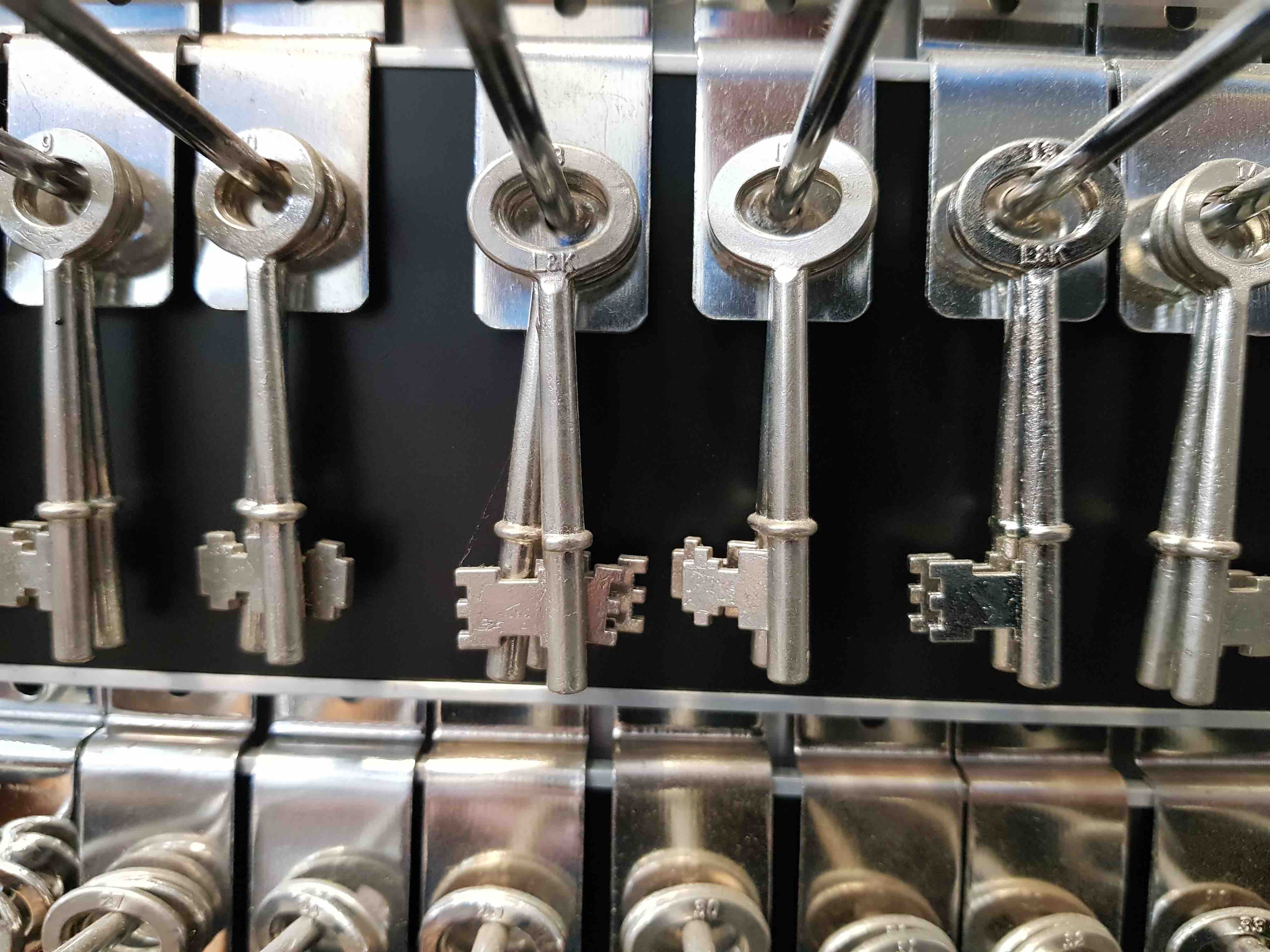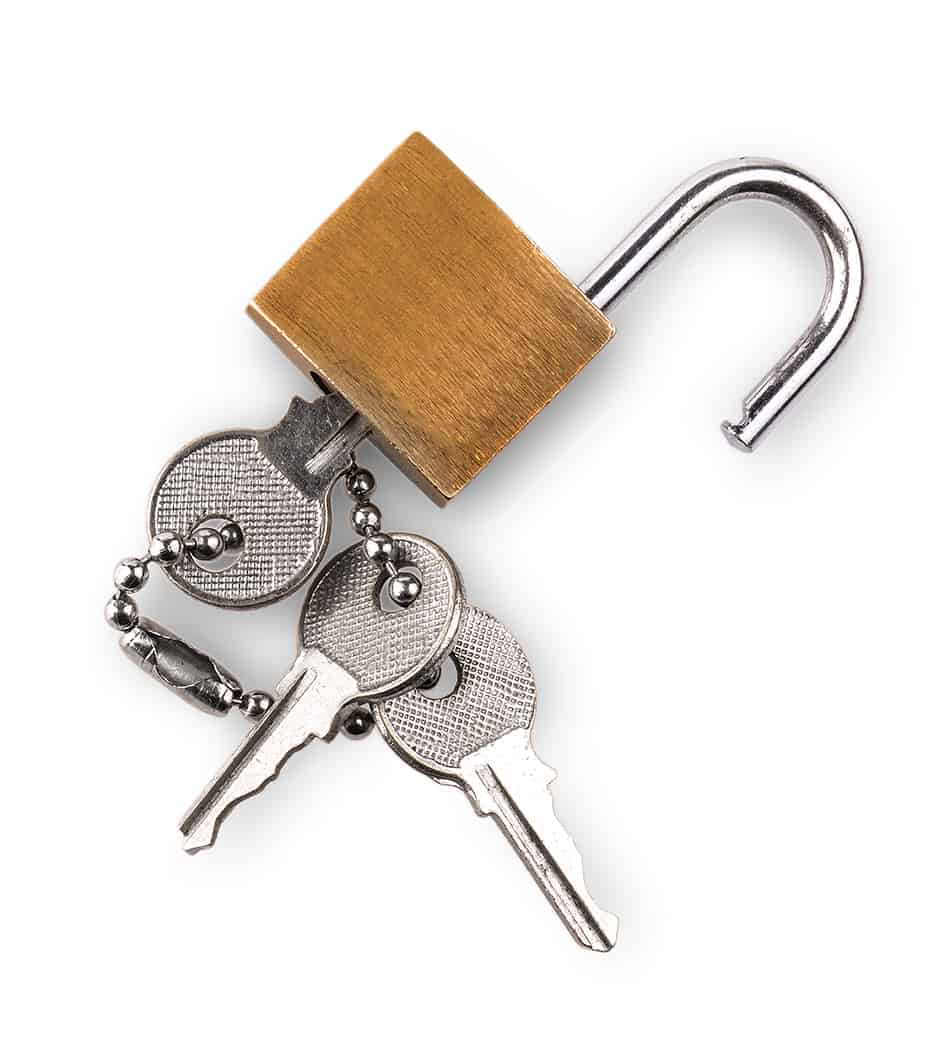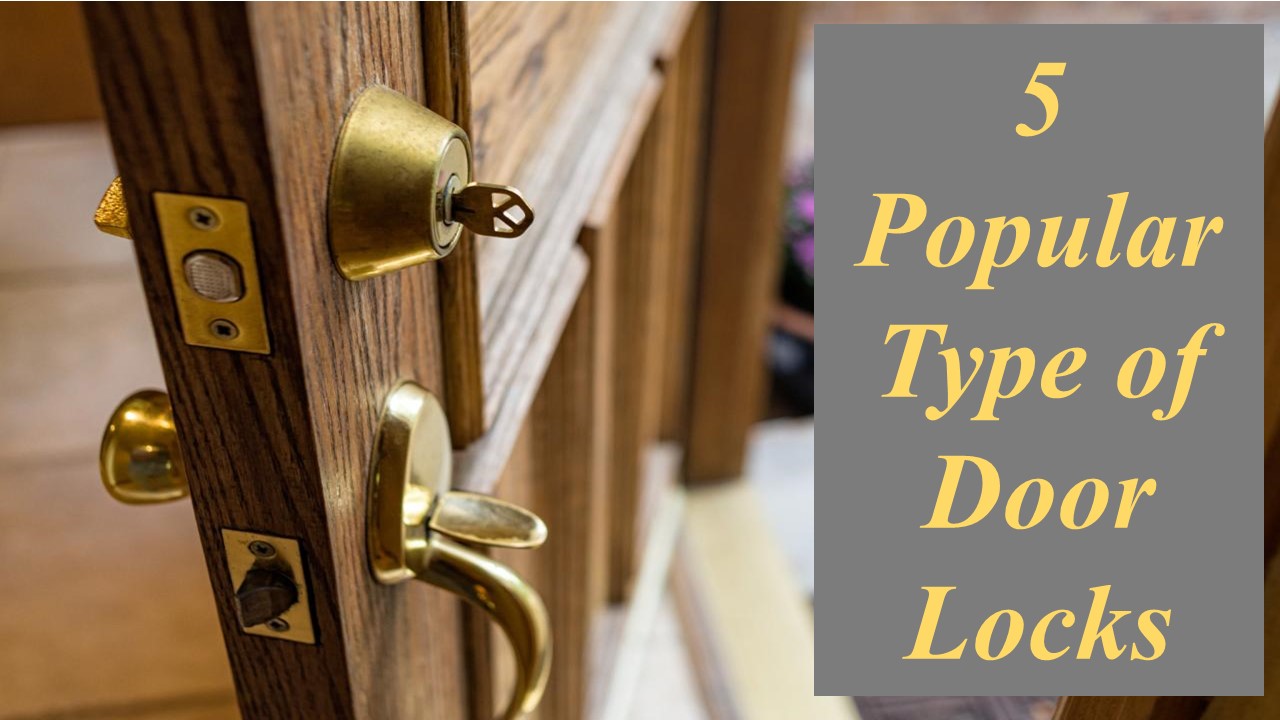What Are The Different Types Of Locks In Oracle Lock Resources When locking occurs there are conceptually three resources in use The locker This is the thing that holds the lock In a transactional application the locker is a transaction handle For non transactional operations the locker is a cursor or a Db handle The lock This is the actual data structure that locks the object
The database maintains several different types of locks depending on the operation that acquired the lock In general the database uses two types of locks exclusive locks and share locks Only one exclusive lock can be obtained on a resource such as a row or a table but many share locks can be obtained on a single resource Oracle provides the following three main kinds of locks DML locks DDL locks Internal locks and latches Also see v lock wait events DML Locks DML locks or data locks guarantee the integrity of data being accessed concurrently by multiple users
What Are The Different Types Of Locks In Oracle
What Are The Different Types Of Locks In Oracle
https://1.bp.blogspot.com/-NLIheoQvxmE/VZVESfmpREI/AAAAAAAAABc/I1lDYer0Nzw/s1600/IMG_6422.JPG

Brass Combination Padlock Lock Greatest Collectibles
http://www.greatestcollectibles.com/wp-content/uploads/2012/06/Locks-51.jpg

Types Of Mortise Locks And When To Use Each One Five Star Locksmiths
https://www.fivestarlocksmiths.com.au/wp-content/uploads/2019/03/Types-of-Mortise-Locks-and-when-to-use-each-one-4.jpg
PL SQL Types of Lock Following are the two different types of locking in Oracle Implicit Locking Explicit Locking Implicit Locking It is an automatic locking of the database done by the oracle engine on the basis of following two factors Type of lock to be applied Level of lock to be applied Let s see both of these factors one by one 1 Non PCM Locks There are many different types of non PCM locks These control access to data and control files control library and dictionary caches and perform various types of communication between instances These locks do not protect datafile blocks Examples are DML enqueues table locks transaction enqueues and DDL or dictionary locks
Types of Locks Oracle automatically uses different types of locks to control concurrent access to data and to prevent destructive interaction between users Oracle automatically locks a resource on behalf of a transaction to prevent other transactions from doing something also requiring exclusive access to the same resource Instance locks are of two types parallel cache management PCM locks and non PCM locks Parallel cache management locks are instance locks that cover one or more data blocks table or index blocks in the buffer cache PCM locks do not lock any rows on behalf of transactions PCM locks are implemented in two ways
More picture related to What Are The Different Types Of Locks In Oracle

10 Types Of Door Locks And How They Work with Pictures Homenish
https://www.homenish.com/wp-content/uploads/2020/09/Keyed-padlock.jpg

5 Popular Types Of Door Locks The Constructor
https://theconstructor.org/wp-content/uploads/2021/02/5-Popular-Type-of-Door-Locks.jpg

Different Types Of Handles And Locks Handles Plus
https://handlesplus.net/wp-content/uploads/2017/11/HP_4.jpg
Deadlocks can be much more complicated involving different types of locks and involving more than 2 sessions 6 4 ITL Locks In Oracle As discussed above Oracle does not have a global lock manager but instead stores locking information at the level of the data block Within each data block there exists a simple data structure called the So there are 5 locks types in the locking and these are discussed below Exclusive X Lock This method of locking differentiates the locks based on their usage This also ensures that the data or information of a page will be reserved exclusively for those transactions that used the exclusive lock
Locking is a mechanism to ensure data integrity while allowing maximum concurrent access to data It is used to implement concurrency control when multiple users access table to manipulate its data at the same time a Avoids deadlock conditions b Avoids clashes in capturing the resources Types of locks a Read Operations Select Asadykov Getty Images Best for Securing cabinets desks and furniture compartments Cam locks are light duty locks commonly used to secure cabinets drawers and other small compartments They have a cylindrical base with a keyhole and a metal latch called the cam
![]()
Solved What Are Different Types Of Locks In Oracle 9to5Answer
https://sgp1.digitaloceanspaces.com/ffh-space-01/9to5answer/uploads/post/avatar/662826/template_what-are-different-types-of-locks-in-oracle20220602-1957786-xxrkj6.jpg

Gate Locks With Code Panic Exit Or Key Different Types Of Locks For
https://www.gatemasterlocks.com/wp-content/uploads/2022/03/DSC_2466-1024x1024.jpg
What Are The Different Types Of Locks In Oracle - PL SQL Types of Lock Following are the two different types of locking in Oracle Implicit Locking Explicit Locking Implicit Locking It is an automatic locking of the database done by the oracle engine on the basis of following two factors Type of lock to be applied Level of lock to be applied Let s see both of these factors one by one 1